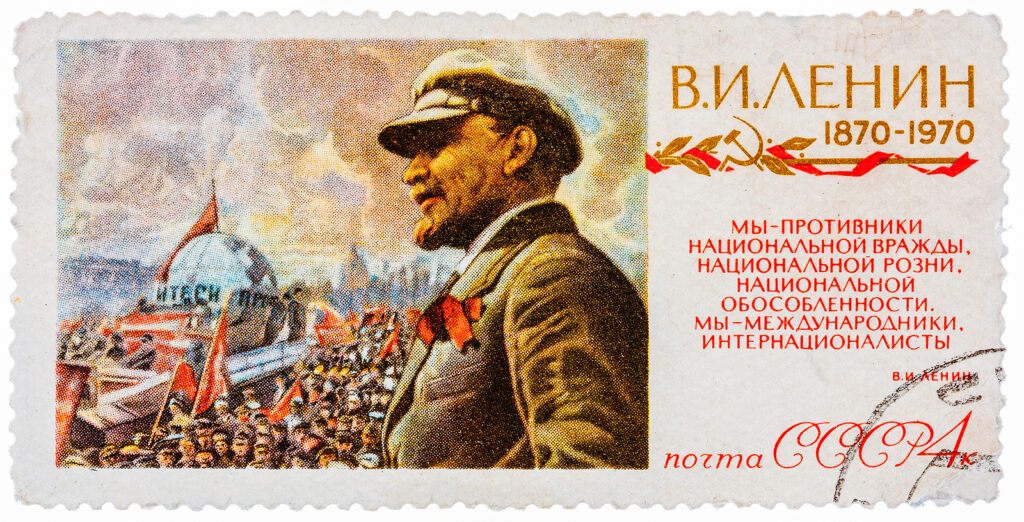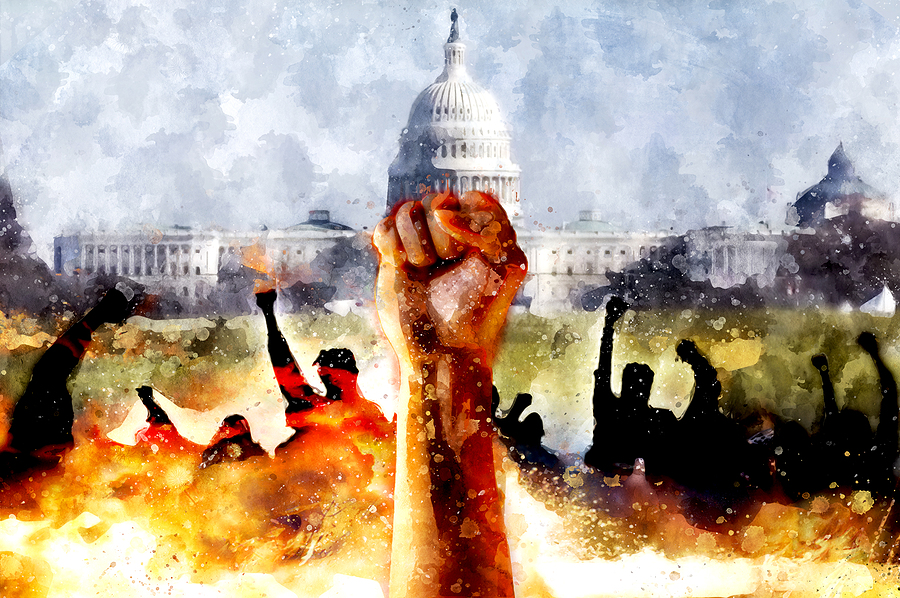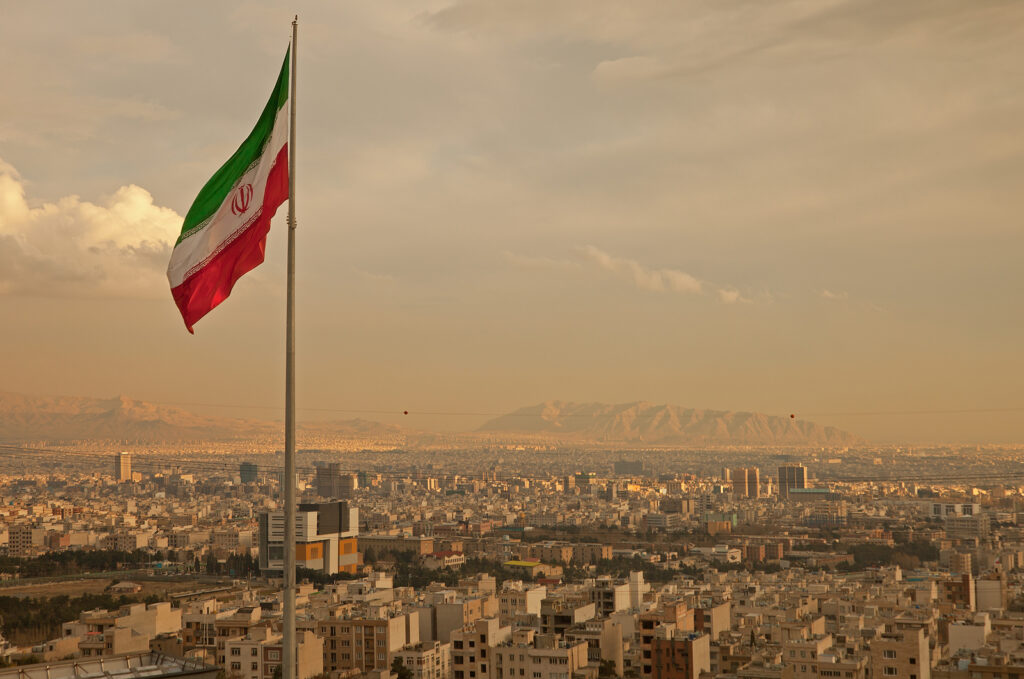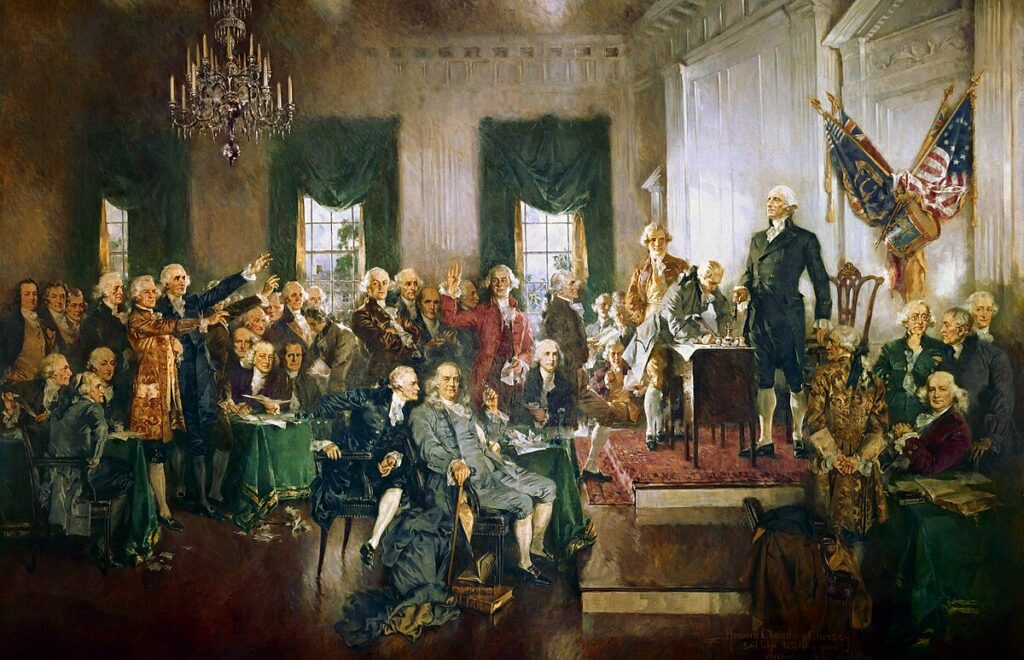Section A
Thousands of studies have been written, and many pens have been broken in attempts to explain how the German people, known for their cultural refinement, became a morally unrestrained machine of destruction. Sociological, psychological, political, and other explanations still fail to fully grasp the depth of evil and to dispel the moral fog that remains in the eyes of certain parts of the world. A similar question echoes regarding the horrifying massacre on Simchat Torah. In this case, too, it seems we will not be able to decipher the secrets of evil, but we cannot remain entirely exempt. Let the alarm bells ring.
Among countless messages frequently voiced in the war for public opinion surrounding the conflict, two messages spoken by senior members of the murderous Hamas organization in recent weeks caught my attention. Both provide an important gateway into the distorted moral world of Hamas and its supporters.
Recently, the IDF published numerous proofs of Hamas’s cynical use of Shifa Hospital, the central and largest hospital in Gaza City, for terrorist purposes. Hamas’s use of human shields and humanitarian infrastructure for terrorism is not new or surprising, but the precise and in-depth publication forced Hamas to send one of its men to respond. Azat al-Rashk did so, saying the IDF proofs were a lie and that Israel only wanted to bomb the hospital and its thousands of inhabitants.
This response is typical and anticipated for anyone who knows even a little about Hamas. However, upon a second examination, it offers some insight into the moral perspective of the Hamas members themselves. What does al-Rashk’s statement suggest, given the obvious assumption that he is aware he is lying?
It can be assumed that Hamas recognizes to some extent that using a hospital for military purposes is morally flawed. Nevertheless, in the eyes of the organization, there is a very heavy moral rationalization that justifies or necessitates the cynical use of the hospital. However, Hamas is also aware that in the Western perception, which Hamas is interested in influencing for its strategic purposes, the act is completely flawed, and the internal moral justification given for it is insufficient. Therefore, Hamas chooses to lie about it.
Such a lie is a clear expression of the Muslim principle of Taqiyya. According to this principle, a Muslim can and is even required to hide his true beliefs and intentions when he is in danger or under threat. Thus, Hamas understands and speaks the language of the West. Do we understand the internal justification Hamas gives for such an act? To understand it, one needs to understand the underlying political theology.
Radical political Islam sees itself as a partner (and perhaps even a catalyst) in the divine drama unfolding before our eyes. Therefore, the supreme value in our (Western) view in the given situation – protecting the lives of the innocent in the hospital – is only a bit part (if anything) of the cosmic drama unfolding: ultimate redemption in the name of God. The attraction of these conceptions is clear: they provide simplicity and clarity, both in terms of the perception of reality and its meaning and in terms of how things should be. Such a worldview instills confidence even in death, gives a sense of purpose and belonging, and can also provide moral justification for any atrocity.
But this is only one basic component of the political theology of radical Islam.
Section B
The second message was articulated in an interview on the RT television channel by Hamas leader Moussa Abu Marzouk. He claimed that the tunnels in Gaza were built to protect the organization’s leaders and terrorists, while the responsibility for the civilians in Gaza lies with the UN and Israel. Hence, Hamas did not bother investing in civilian shelters against Israeli attacks.
Reading this, I couldn’t help but think of one of humanity’s foundational stories from Genesis – the story of Cain and Abel, being reenacted before our eyes. Abu Marzouk, directly responsible for the deaths of many of his people, does not hesitate to lie blatantly, as if saying, “Am I my brother’s keeper?” This statement of Cain-like audacity is not only a denial of the act of murder itself but also of basic human responsibility: the distinction of man from beast in his capacity to distinguish between good and evil, and look beyond his immediate and animalistic needs. Upon the foundation of this mythical certainty, a second, no-less-dangerous layer is built: a disavowal of responsibility and guilt, accompanied by a sense of victimhood. This is a world where human morality is not a fundamental component but a luxury reserved for the powerful – Israel, the West, the UN. Within this monstrous world created by them, the political theology of radical Islam turns its adherents into either predators or, more alarmingly, cannon fodder.
Section C
The terrifying theology behind Hamas’s actions today has two prominent public faces that together form a strange and destructive ideological alliance known as “The Red-Green Alliance,” united in their desire to uproot the liberal world of values.
On the red side are the radical progressive streams. Despite their misleading use of Western and liberal terminology, these groups carry the leftist theology of the oppressed. One of its heralds is Franz Fanon, a French psychiatrist and thinker, who focused on the Third World’s struggle against the West and colonialism. At the core of this theology is a formative myth that seems like a real race theory: whites have privileges, and non-whites, aspiring for liberation, are oppressed. In addition to the absoluteness of this formative myth, there is a complete denial of moral responsibility: the oppressed are entitled and even required to resort to violence, as unbelievably quoted by philosopher Jean-Paul Sartre in the preface to Fanon’s book from 1961: “…to shoot down a European is to kill two birds with one stone, to destroy an oppressor and the man he oppresses at the same time: there remain a dead man, and a free man”
How surprising should it be that the followers of this myth, who do not hesitate to use any means in struggles promoting “social justice,” support the eradication and uprooting of the white oppressor (and especially the Jew)? This is even before discussing anti-Semitism. These are, among others, the wild outgrowths of the prestigious institutions of Western academia. In relation to these ideas, it is important to clearly state that despite their immense influence on the Western world, they are not a natural development of Western liberalism but rather a complete distortion and corruption of it.
On the green side of the alliance, we find groups of radical Sunni and Shiite political Islam from various countries and backgrounds. These groups are dominated by the theology of infidels and believers, selectively choosing certain Islamic ideas and a declared aspiration to return to the early days of Islam and restore its past glory. Infidels must be destroyed to redeem the believers.
The clear connection now between these groups is not a historical novelty. Some of the prominent thinkers of the Islamic revolution in Iran, including Ali Shariati, were enthusiastic students of Franz Fanon.
Section D
The theological confidence and moral recklessness of these groups view the confusion and skepticism of the liberal West as a structure doomed to collapse. Western Hobbesian humanism is seen as a weakness, afraid to sacrifice lives for its most sacred values. The Supreme Leader of Iran once said that Israel’s values (and by extension, the entire West) are its greatest enemy. He fails to understand how moral restraint, ideological tolerance, and intellectual skepticism can counter the unbridled fervor he promotes. This is a mistake, of course, and it should be clearly stated, contrary to some voices currently heard in Israel. Woe to us if we adopt an idolatrous and absolute theology or see moral responsibility as a privileged Western luxury.
Iran’s leader Khamenei and the progressive streams identify a real strategic weakness: the West’s difficulty in establishing a positive, foundational ideological-historical narrative, not based on guilt but on greatness. The confusion regarding this is understandable due to the guilt perception accompanying the West since World War II and the sense of comfort and inheritance stemming from the US’s victory in the Cold War. Both led the West to rely fundamentally on mechanisms and institutions rather than on moral clarity. These mechanisms and institutions are temporary, limited, and despite attempts to give them eternal and timeless status, they lack the spirit that responds to the sublime moral needs of humanity and are therefore deficient. It’s no wonder that Hamas and its allies exploit and distort these institutions. These aren’t just the UN and the Red Cross, but also the terminology and the world of liberal concepts, cultural institutions, and even leisure frameworks – taking the English Premier League as a germane example.
Section E
Israel’s complete and thorough mobilization for war, encompassing both civil and governmental spheres, along with its confidence in the righteousness of its cause, once again demonstrates to our adversaries that, contrary to their misconceptions, the Jewish people are fully conscious of both the reasons for their fight and the goals they are fighting for. The Jews in Israel and the Diaspora, despite and perhaps because of the deep and long-standing debates and controversies, have united in action filled with a deep sense of mission originating from a theological-political perception: the Covenant of Abraham and Sinai, generations of ideological and halachic debates and discussions testifying to constant dynamism.
To defeat the terrifying idolatry that has formed before us, military strength is certainly required. There is also a need for deep work in removing the many masks our enemies have donned, based on the principles of Taqiyya or simply exploiting the liberal language. But these alone will not suffice. A strong and confident moral stance is needed, which distinguishes between what is true and what is false. There is a need to create culture, preserve tradition, and provide meaning stemming from a sense of belonging. The West does not need to become the East – it needs to listen to it and respond with a clear and distinct voice.
The spirit of these times must be translated into the creation of a different political theology – monotheistic in essence, liberal in values, and traditional in character. This is an adult theology: it does not have one-dimensionality or simple answers to complicated questions. It is both complex and balanced. Certainty and skepticism are mixed in it. This theology should form the ideological basis for shaping the political institutions that the State of Israel lacks, especially now.
The basic perceptions of this humanistic theology are not exclusive to Judaism or the State of Israel, and certainly not to the Christian world; they do not demand affiliation with a particular religious stream or the practice of certain rituals, but they do require the ability to recognize both man and what is transcendent to him – and it is even permitted and desirable to speak of God in them. The Jewish people and the State of Israel are called to be a pillar of fire before the camp and, like Abraham in his time, once again to smash the idols of the generation.
This article was translated by Avi Woolf and edited by Gavriella Cohen.








